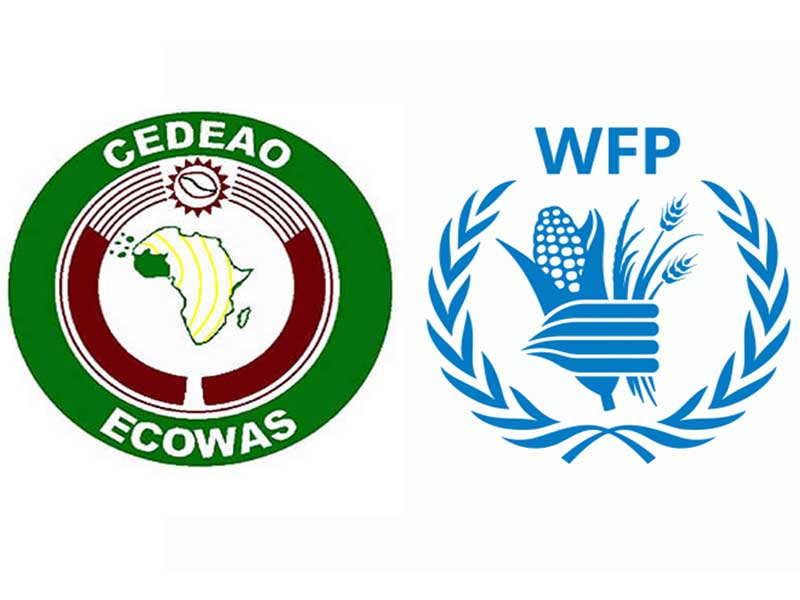The World Food Programme (WFP) and the Economic Community of West African States (ECOWAS) have jointly provided a $1 million support package to help address the food crisis and combat malnutrition in North-West Nigeria. This assistance includes both multi-purpose cash and nutritious food supplies.
This initiative is part of the ECOWAS Stabilization Fund, designed to alleviate the food crisis affecting the region. Speaking at the launch of the second phase of the ECOWAS-FMHAPA-WFP Stabilization Project in Katsina, Manuela Reinfeld, Deputy Head of Programme for WFP Abuja, announced that WFP contributed approximately $600,000 to this fund. The funds are primarily directed towards addressing malnutrition, particularly among pregnant and lactating women and children under the age of two.
Reinfeld highlighted that the WFP’s contribution would support therapeutic supplementary feeding programs, including the distribution of nutrient-rich foods like soya-corn blend. In addition, WFP will provide unconditional food assistance, delivering about 5,000 metric tonnes of wheat sourced from Ukraine to the states of Katsina, Sokoto, and Zamfara.
“Our goal is not only to address immediate food needs but also to tackle the root causes of malnutrition,” Reinfeld explained. “We are focusing on resilience-building activities, particularly targeting women, to ensure long-term improvements in food security.”
Of the 5,000 metric tonnes of wheat being distributed, approximately 2,000 metric tonnes will be allocated to Katsina State. Reinfeld emphasized that the $1 million fund will be directly distributed to beneficiaries, with wheat grains being provided over the next three months. She also mentioned that similar programs would be expanded to other local government areas later in the year.
Musa Nuhu, Nigeria’s Permanent Representative to ECOWAS and Chairperson of the ECOWAS Permanent Representative Committee, noted that the ECOWAS Stabilization Fund was initially established to assist victims of terrorism but has since been expanded to include those affected by banditry. “ECOWAS allocated $1 million annually to Nigeria to support social alleviation initiatives for victims of insecurity in the North-East and North-West regions,” Nuhu explained. He added that the Ministry of Humanitarian Affairs and Poverty Alleviation in Nigeria is the key partner in implementing these initiatives.
Katsina State Governor, Dikko Radda, expressed gratitude to ECOWAS, WFP, and the Ministry of Humanitarian Affairs for their support. He emphasized that the project would not only provide immediate relief but also empower state institutions by transferring best practices during its implementation.
Olumuyiwa Enitan, Permanent Secretary of the Ministry of Humanitarian Affairs and Poverty Alleviation, assured that the beneficiaries were selected based on global best practices, focusing on the most vulnerable populations in Katsina and Sokoto States. He stated that a total of 14,694 vulnerable individuals were chosen, with 7,347 beneficiaries from two local government areas in Katsina State alone.
Enitan concluded by expressing hope that these efforts would ultimately lead to a future where peace, stability, and prosperity become tangible realities for all citizens in the region.




